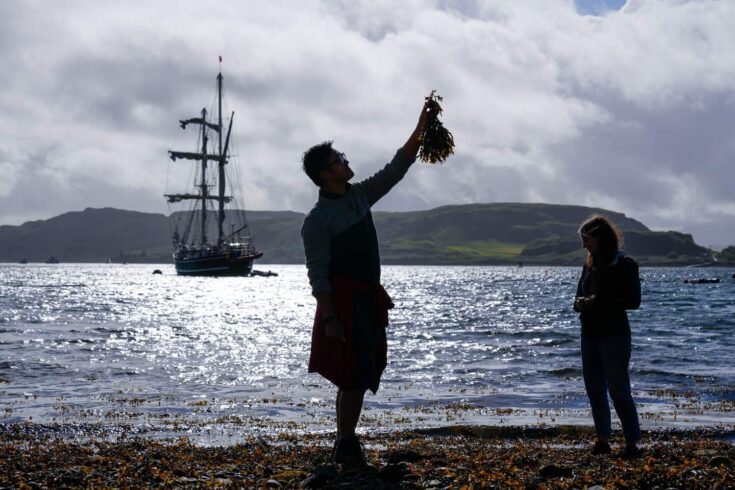We know that when wider society is involved, research and innovation become more relevant and useful for everyone. Communities around the UK have valuable knowledge to contribute to research and innovation processes, and participation can benefit them through the development of skills and opportunities to address issues that matter to them.
To reflect our diverse communities, we need to build effective collaboration and new forms of partnership with a much wider range of organisations, groups and communities.
UKRI and partners have developed programmes, invested in projects, and built evidence to understand how people across the UK can play a role in the research and innovation system. This includes AHRC’s Creative Communities programme which develops the potential for arts and humanities in fostering and enabling creative communities. It also includes STFC’s Wonder Initiative, a long-term commitment to improve STFC’s engagement with communities from the most deprived areas of the UK.
Building on this, we have listened to and learned from different groups across the UK to understand what role communities want to play in the research and innovation system, and the barriers they hit when collaborating with the research system, and when seeking funding for and access to the knowledge they need.
Recommendations for involving communities
We commissioned the Institute of Community Studies to conduct a scoping review of how the research and innovation system can better involve community groups and organisations. The scoping research was developed with input from over 50 individuals from different forms of community representation.
The key findings and recommendations of this work highlight the need for:
- a fundamental shift in what knowledge is valued and how it is funded: this means seeing the value of community involvement in all parts of the system, and respecting that community groups and organisations can be recognised in knowledge creation processes
- changing funding processes: enabling community organisations to be lead recipients of funding in funded partnerships
- greater community involvement in deciding what knowledge and innovation is needed: this means including community representation in decision-making roles over funding, not just in knowledge production processes
- diversifying types of funding: making different types of funding available to suit the needs of a greater variety of applicants, including funding to support partnership-building and idea development, funding for pilots, and funding for infrastructure, training and learning
- building longer term relationships with communities: this can involve making applications more accessible, offering individual help to applicants, agreeing different ways ‘impact’ can be demonstrated and ‘success’ can be measured, and being open to changing timescales and providing flexibility in what activities funding is for, in order to respond to communities’ needs
- building ownership in communities: this means going beyond the usual approach where knowledge typically remains in the control of and typically most benefits a university, research partner or research funder
UKRI will explore opportunities to build these recommendations into business-as-usual funding.
Investment in community-based research
Alongside this work we have created two new flagship programmes:
Community Research Networks fund
Over the next five years, UKRI is investing £9 million to create a cohort of nine Community Research Networks. These infrastructure grants are supporting grassroots groups, community organisations, charities and local government to work alongside research organisations, to develop their capacity to play a more active role in research and innovation (R&I) and to deliver diverse locally-level R&I across the UK.
The networks are supported by The Young Foundation, a not-for-profit conducting community research and driving social innovation, via a Strategic Support Hub that will enable the networks to deliver effectively, learn together, and share their stories and impact with the sector.
The networks form a second phase of funding. During the first phase (2022 to 2024), we funded 25 groups across the UK to establish partnerships and explore how local organisations, from across multiple sectors and scales, can make research and innovation relevant for their communities.
Find out more about the phase two networks on The Young Foundation website.
Community Knowledge Fund
The Community Knowledge Fund is a pilot programme that gives funding directly to communities. It is designed to test, learn and share new approaches to funding community-led knowledge generation and innovation.
We are also currently running a Community-Led Research Pilot with the British Science Association and University of Reading. The pilot is designed to put communities at the heart of the research process, inviting them to develop and deliver their own research.
These programmes also build on the lessons we have learned from our Highlands and Islands Climate Change Community Grant scheme and our Citizen Science Collaboration Grants.
Last updated: 13 January 2025

